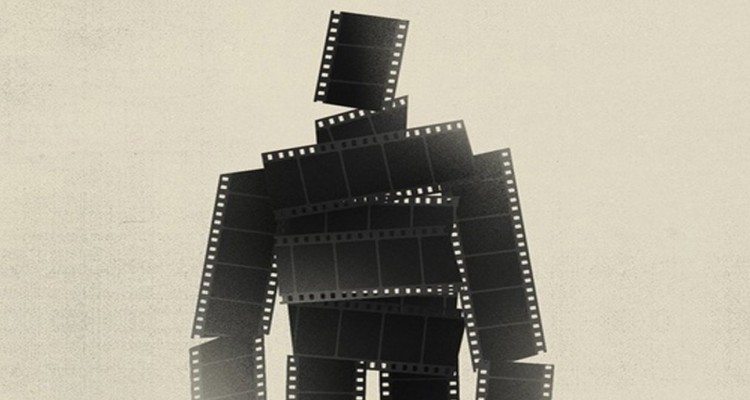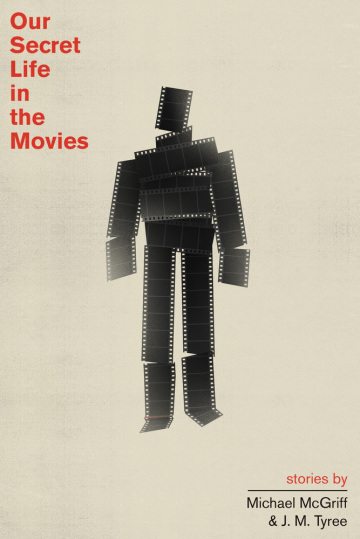
The Observer Review: Our Secret Life in the Movies
As a longtime lover of both words and movies, I’ve really had only two goals in my life: to become a professional writer and to watch all the films in the Criterion Collection, I’m here to report to anyone with similar aspirations that it was far easier to realize the first goal than the second. That’s how intimidating, vast and filled-with-subtitles the Criterion’s catalog is.
Now, in a stroke of cinematic endurance and literary brilliance, writers J.M. Tyree and Austinite Michael McGriff have folded my two great ambitions into one project (highlighting my laziness and pricking my pride in the process). Their new book, Our Secret Life in the Movies, published by Austin’s A Strange Object press, is the result of their push through the entire Criterion Collection in a year, an “obsession,” they write, fueled by “pizza boxes, sambuca fumes, and whatever is damaged on the Y chromosome.” After watching a film in their shared sublet in San Francisco, the two would go off and write separate short stories inspired by what they’d seen, sometimes two or three a day, until they’d seen them all, from Grand Illusion to Seven Samurai, My Darling Clementine to Berlin Alexanderplatz. Our Secret Life is a short collection of the best of the bunch, dueling fragmentary bursts that blur the lines between memoir, fiction and homage, and offer a peek inside the minds of two men raised on movies at the tail end of the Cold War.

By J.M. Tyree and Michael McGriff
A Strange Object
$14.95; 168 pages
It’s a brilliant idea, and McGriff and Tyree have deft ears and eyes for the subtleties of melancholic childhood unfolded in the disintegration of Reagan-era America. Their stories are text Polaroids of blue-collar adolescent disappointment, populated with railroad tracks, broken-down trucks, drug use, sexual confusion and pop-culture reveries. Countering the popular theory that movies transport us outside our lives, the authors go deeper inside themselves with each story, as if to posit film as a nostalgic and self-reflexive art form, a conjuring device for memories and sensations once felt. To McGriff and Tyree, there’s little distinction between real life and cinema life.
Still, as the short stories rolled quickly by, it became impossible for me (shamefully unfamiliar with large swaths of the Criterion landscape) to bridge the gap between the inspiration and the inspired. Take “Concordat,” a story about a summer spent carrying irrigation pipe at an evangelical Christian camp. Not having seen Burden of Dreams, I could conjure only the most vague connections between the story and the 1982 Les Blank documentary about director Werner Herzog. This doesn’t take away from the beauty of the story, but it does cast some doubt on the soundness of the book’s premise. What good is knowing that one piece of art was inspired by another if the other is unknown to you? For the reader who hasn’t seen a particular movie, is mentioning the influence of that movie an empty gesture or, worse, an implied criticism of the reader? Or is it an act of generosity—a call to arms to get back to your cultural education?
McGriff and Tyree dared to take the Criterion challenge and convert their journey into art; it’s not their fault that I wasn’t able to keep up. Besides, the resulting collection of stories is lovely and true and tinged with sadness—and something more. It makes me want to again take up that forbidding task of crossing all the great movies of the world off my list. What a brilliant advertisement for Criterion this book could be, if only the distributor had eyes to see it: Step right up and read these stories, and marvel at what our movies did to these men’s imaginations. Just think what they could do to yours.


